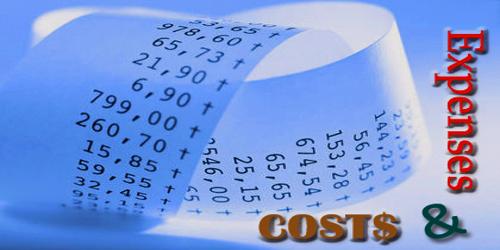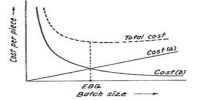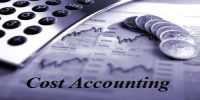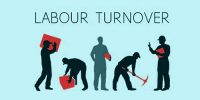Cost and Expenses
The terms ‘cost’ and ‘expense’ are commonly used words in the fields of business, economics, and accounting. Most often these terms can be used interchangeably without issue. In accounting, however, the terms have quite different meanings. Basically, sacrificing resources (money) to acquire products is called a cost. Using up the value of those products to generate revenue for a business is called an expense.
The Australian Accounting and Standards Board explain that:
‘Cost’ is the amount of cash or cash equivalents paid to acquire an asset and “Expenses” are the decreases in economic benefits during the accounting period that results in a decrease in equity.
The term cost refers to the sacrifice of resources incurred or potentially to be incurred to attain any present or future benefit which can be measured in monetary terms.
The expired portion of the cost is called Expense. It is part of the cost from which benefit of cost has already been taken. In other words, an expense may be defined as a measured outflow of goods and services which is matched with revenue to determine income.
Cost
- Definition: Cost can be defined as the monetary value of the utility (or benefit) which is yet to be derived from the resources used by the business to earn income.
- Expiration: Cost is the amount of expense which has not yet expired.
- Assets: It is the benefit that we are expecting to have in future from the asset(s) by using such asset(s) for business purposes.
Expenses
- Definition: Expense can be defined as the monetary value of the utility that has already expired because of the use of the resources in business activities directed towards generating income.
- Expiration: Expense is the amount of cost which has expired.
- Assets: It is the monetary amount of the benefit used up in the asset(s). So, basically, it is the consideration that we have paid in generating income.














